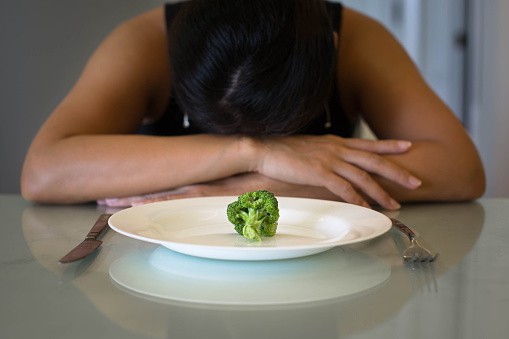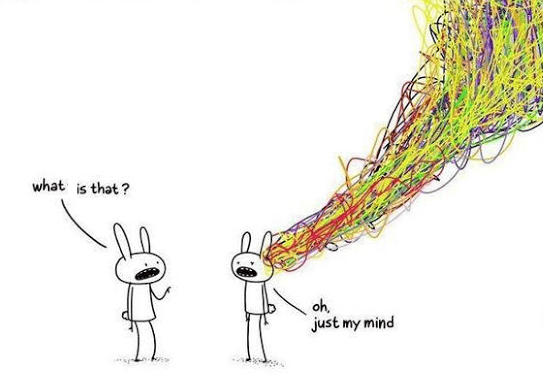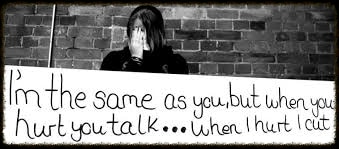Recognising when “not enough” is actually “too much” – My story with addiction.
The NHS definition of addiction is: ‘Not having control over doing, taking or using something to the point where it may be harmful to you.’[1] This can be in the form of anything, drugs, alcohol, exercise, work etc. Addictions may be…
The Escalation of Eating Disorders post-Covid
I happened to write this article on mental health day, and I wondered how many of us even thought about eating disorders despite it having the second highest mortality rate of all psychiatric disorders. 1 10,200 deaths each year are the direct result…
When the phrase ‘That sounds tough’ could be a life saver
Have you ever had suicidal thoughts? Suicidal feelings can affect anyone, regardless of their background, age, gender, ethnicity. The phrase ‘suicidal feelings’ covers a wide range of experience. At one end of the scale, it might mean that you, or…
Loneliness: what it is, why it’s a growing problem, and what can help
Waiting for talking therapy?
The Government’s ‘Improving Access to Psychological Therapies’ (IAPT) scheme is in the news today. There’s concern that the gap between an initial NHS assessment for mental health issues and actual talking therapy is too long. Over a million people a…
Short descriptions of common mental health conditions
The following text is taken from the Mind website - www.mind.org.uk Common diagnoses of mental health conditions Depression Depression lowers your mood, and can make you feel hopeless, worthless, unmotivated and exhausted. It can affect sleep, appetite, libido and self-esteem.…
The Psychology of Violent Extremism by Dr Hannah Farr
Since the last newsletter where violent extremism was discussed, there have been a number of further acts of violence within the UK. Thinking about what drives people to engage in such behaviour has become more pertinent. Alongside this it also…
Self-harm: ‘When I hurt, I cut…’ by Annabel Murray
Self-harm accounts for over 24,000 hospital admissions every year¹ and it is estimated that 1 in 12 children self-harm². Rates in the UK are some of the highest in Europe³ but - because self-harm is, by its very nature, a…
Suicide – most common form of death in men under 35. By Wendy Bramham
Many of us were shocked and saddened by the news of Robin Williams' suicide in August 2014. In 2013 as part of BBC Wiltshire's series on mental health, Wendy Bramham spoke about this devastating issue. The following information offers a…
Bipolar Disorder, BBC Wilts, by Wendy Bramham
BIPOLAR DISORDER Bipolar is also known as manic-depression or manic-depressive illness. This may be diagnosed by a psychiatrist if a person experiences extreme mood swings over a period of time, which in turn affects their ability to function in their…
Depression (blog 3) – Getting help, by Lindie White
In the last of our blog series on depression, psychotherapist, Lindie White, writes: Most people need help when they are depressed or have prevailing sadness and low mood. If we can’t acknowledge this when we’re suffering, then that’s part of…
Self-harm by Wendy Bramham
SELF HARM What a leads a person to self-harm? Self-harming behaviours, such as cutting, scratching and hitting oneself, are often a physical way to deal with very painful psychological experiences and feelings of distress and isolation. Self harm can arise…











